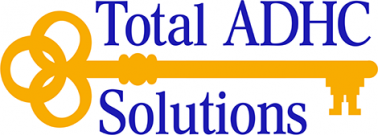Person-Centered Planning Requirements in Adult Day Health Care, Operationalizing and Understanding: Overview
For this blog series on Person-Centered Planning in Adult Day Health Care, I will be focusing on the regulations that are found in the, “Final Rule”, Section 441.301.
Background: States that are reimbursed for ADHC services under an 1115 waiver are currently rolling out their programs to ensure that all agencies, facilities and centers receiving Home and Community Based Services (HCBS) funds are meeting Person-Centered requirements (found in the link above) by the date of the next waiver approval from the Centers for Medicare and Medicaid Services (CMS). And, although CMS has extended this deadline, many states have developed person-centered requirements which are to be implemented now. It’s important to note, that each state will develop their own set of person-centered planning requirements from these regulations, because of this, I won’t be detailing each specific regulation, or guideline, but focus instead on the general themes that these regulations present.
The Federal Person-Centered Planning regulations, or the ones your state has developed, may seem overwhelming, hard to read, impossible to figure out, or just plain weird, and this blog series is here to help. When we begin looking at how these regulations apply to the population at your center, it may help to know that the regulations were developed not for those with dementia, or the frail elderly in mind, but specifically for those with developmental disabilities. Because of this, Operationalizing and implementing them to meet the needs of other populations, or better yet, all the populations that are served in your center, can seem quite daunting if not impossible. In this series we’ll be breaking the regulations down to major themes and addressing each one, giving examples of how they can be operationalized for the unique environment of Adult Day Services. The themes are as follows:
- Strengths
- Participant Led/Collaborative Care Plan
- Plain Language
- Cultural Considerations
- Representative of Choice for the Plan of Care
- Approval and Distribution of the Plan of Care
Assessment - Honoring Participant Choice and Identifying Risks
- Timing Updates and Review
- Services and Supports: Choices and Information
In each blog in the series I will explore one of the topics, presenting the regulations and guidelines relating to each one, and the methods to operationalize and implement them. I will also explain ways to support staff compliance and provide documentary evidence for state and other surveyors during survey process.
